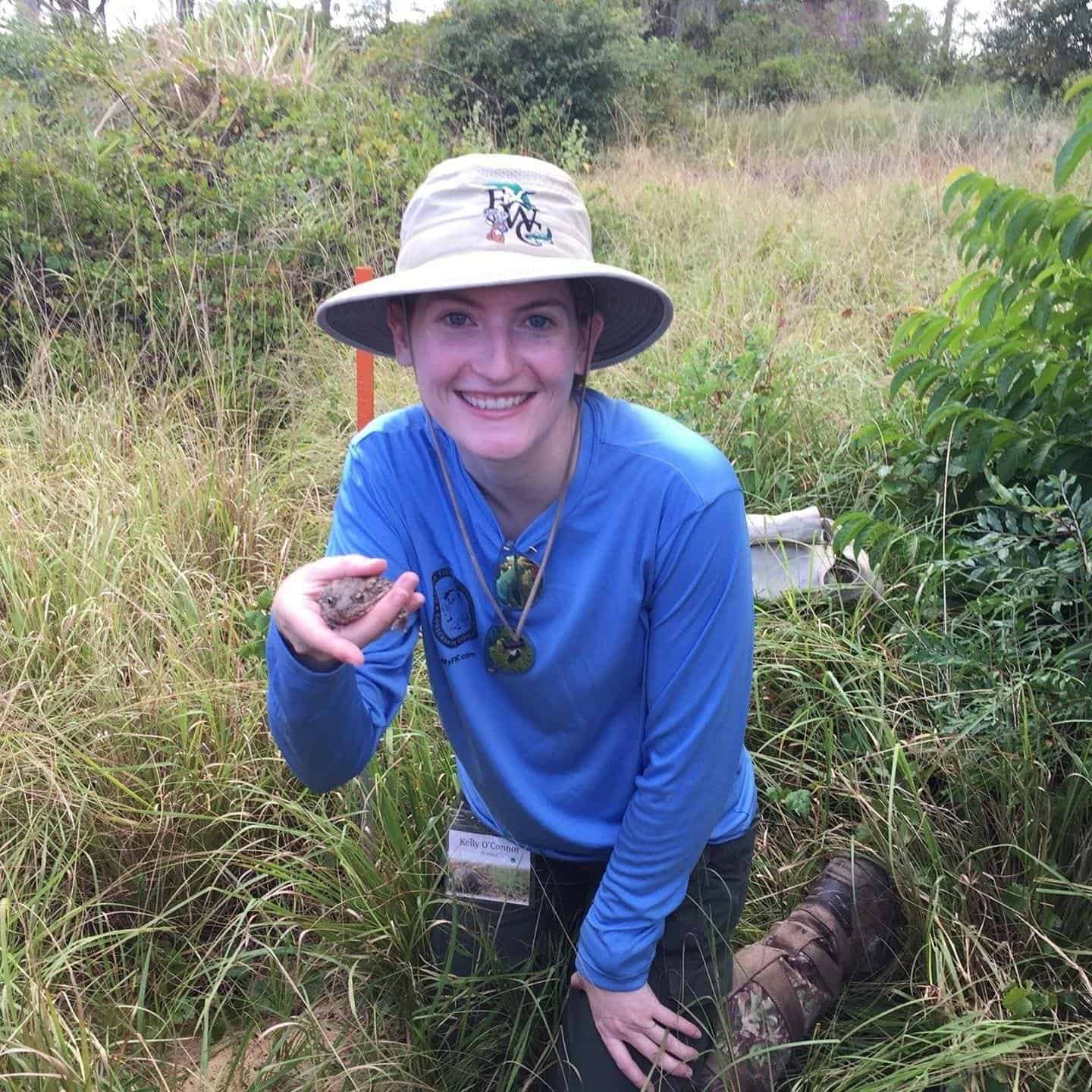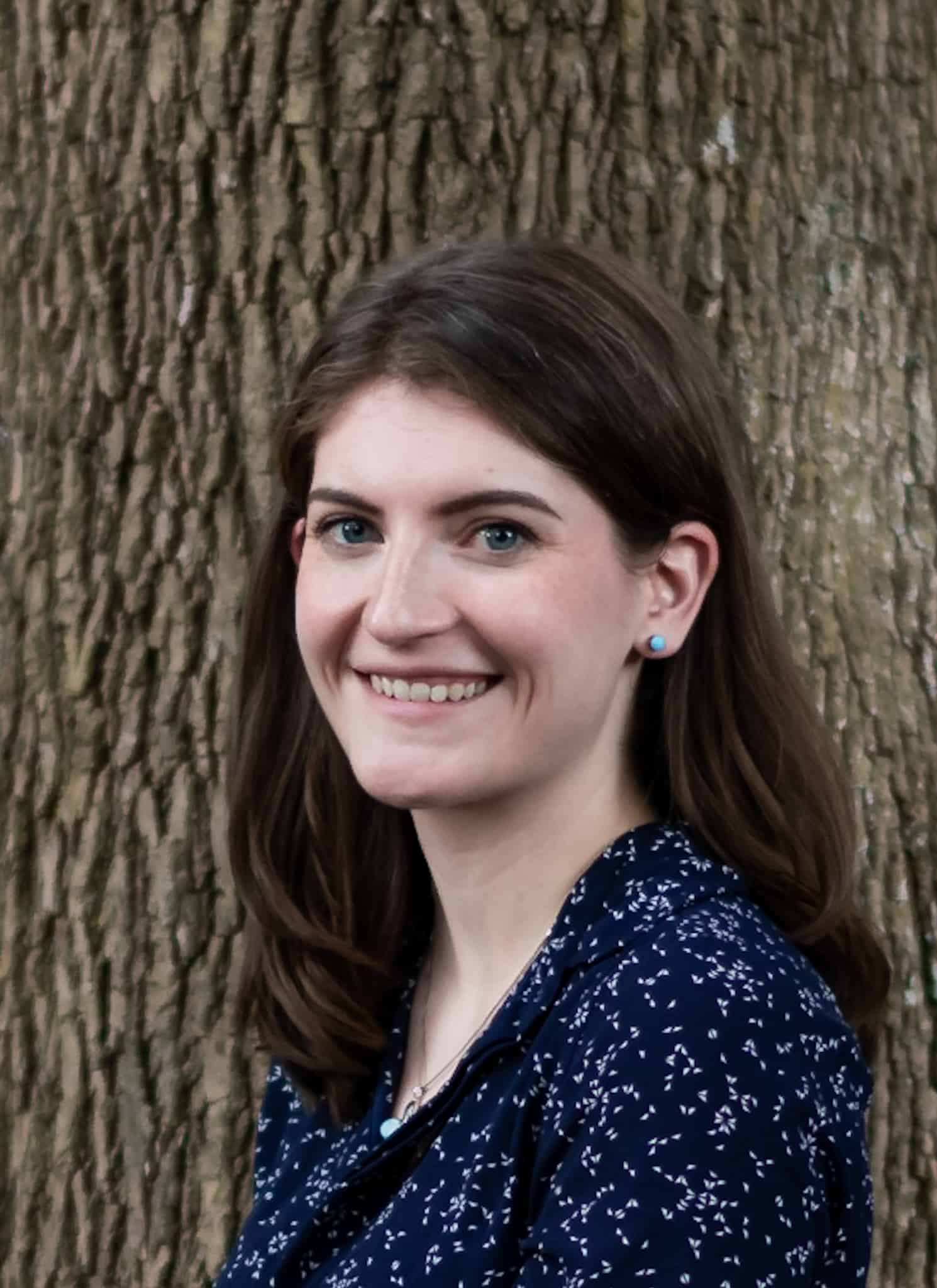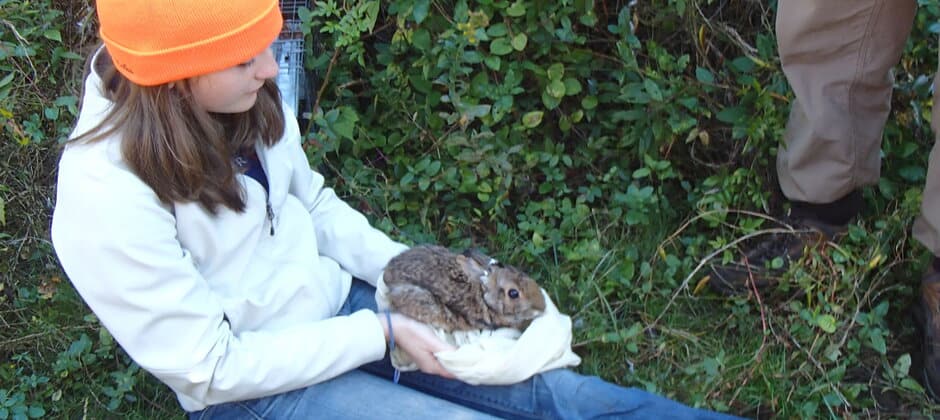Share this article
Wildlife Vocalizations: Kelly O’Connor
Wildlife Vocalizations is a collection of short personal perspectives from people in the field of wildlife sciences.
At 18, I was a year into my undergraduate degree. I knew from a very young age that I wanted to work with animals, and I was fortunate to have an environmental science teacher in high school who was familiar with natural resources programs and encouraged me to look into the field of wildlife biology. I was passionate about threatened and endangered species conservation; I started college knowing I was going to be a wildlife biologist and devoted all of my energy to reaching that goal.
When your career aspirations align closely with subjects that you’re passionate about, it’s easy to turn your job into your identity. I went to graduate school and spent my free time reading stacks of peer-reviewed literature and helping other students with field work. The prevailing wisdom was that’s what it was going to take for me to end up in the kind of job I wanted. The “all work all the time” mantra stuck with me through a series of seasonal positions and eventually into a permanent biologist position.

O’Connor holding a gopher frog (Gopherus polyphemus) encountered while scoping a gopher tortoise burrow during her time as a Florida Fish and Wildlife Conservation Commission biologist.
Credit: Deborah Burr
I was working with a species I was passionate about and was part of an incredible community of researchers and managers. I was also exhausted by job duties that had me essentially on-call 24/7. I struggled with feeling that I was single-handedly responsible for the fate of my focal species, and that if I just worked a little harder, their status would be improved (an irrational feeling but one I’ve learned is prevalent after talking about these experiences more openly with peers).
Later, I worked for a supervisor who sent our team to trainings focused on burnout and self-care. She was committed to speaking openly about mental health challenges for biologists. We started team meetings by asking what everyone was excited about outside of work, and when I couldn’t provide a response, I set a personal goal of finding more things that brought me joy.

A headshot of Kelly O’Connor. Credit: Kelly O’Connor
To any aspiring biologist, I would say take care of yourself. It is more than OK to have a life outside of school and your career. There are advisors, supervisors and co-workers out there who will value your hobbies and passions, and respect your time outside of work hours. It isn’t always easy to set those boundaries, but it is always worthwhile. I like to spend time in the morning before work sketching or photographing the birds visiting my backyard feeders. I started learning the guitar after a 10-year hiatus from making music (I spent the 10 years prior playing classical violin but gave it up in college thinking there were better uses of my time—bad move younger Kelly!). I try to balance my reading time more evenly between journal articles and sci-fi novels. All of these things make me happier and healthier, and motivate me to be the best wildlife professional I can be.
Learn more about Wildlife Vocalizations, and read other contributions.
Submit your story for Wildlife Vocalizations or nominate your peers and colleagues to encourage them to share their story.
For questions, please contact Jamila Blake.
Header Image: O'Connor releasing a radio-collared New England cottontail (Sylvilagus transitionalis) as part of her master's research. Credit: Travis Goodie








